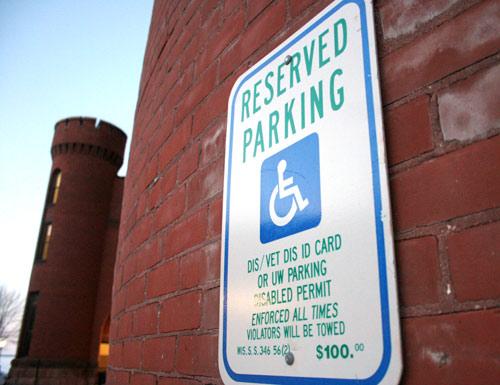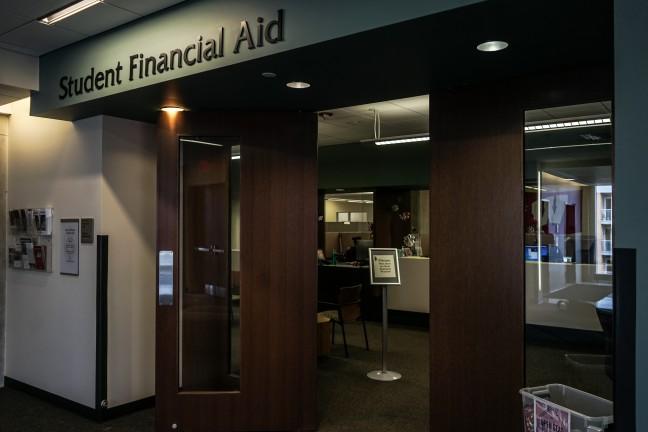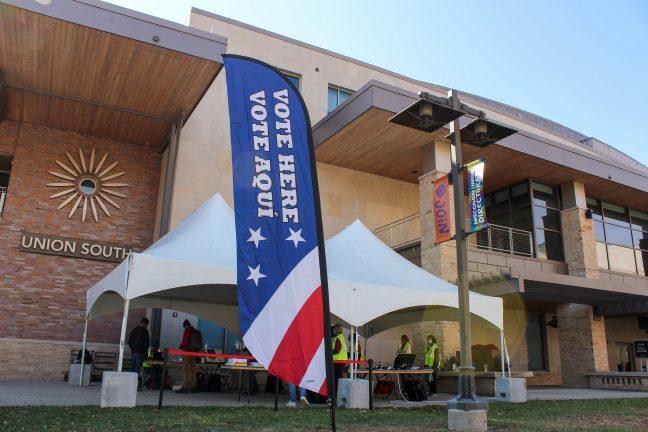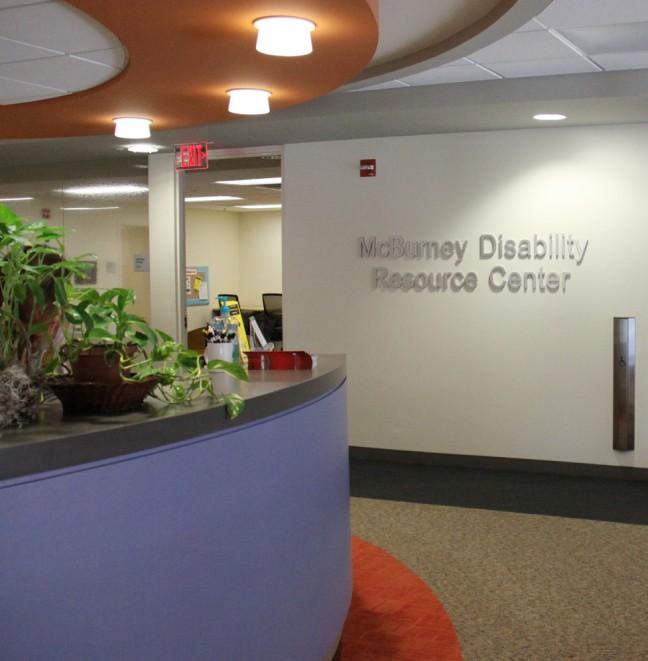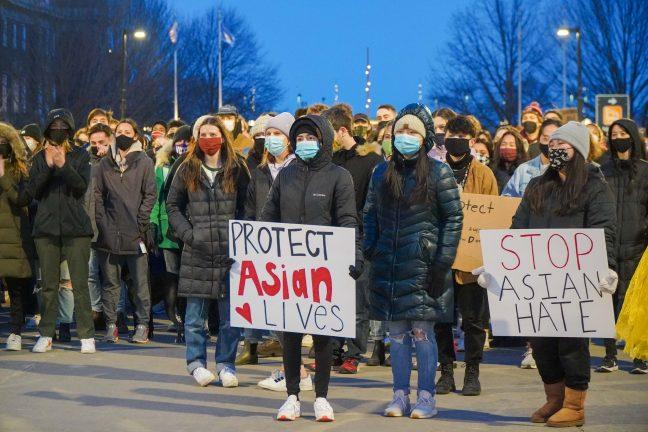We live in a society where social justice movements are becoming extremely prominent. People march for women’s rights, protest discrimination and demand equality. While these movements are necessary to create a just society, it is also crucial to advocate for those who, sometimes, do not have voices or communicate using “typical” language. I write to address the dignity and respect that all people, no matter their level of ability, deserve.
In 1954, the U.S. outlawed segregation. For centuries leading up to the civil rights movement, people of color were discriminated against simply because of their skin. While America has made advances toward ending segregation and discrimination, we are all aware this unfortunately still exists, on the basis of race and beyond.
People with special needs are often excluded from their typically developing peers and communities. We know that segregation due to race is not permissible. Neither is segregation based on ability level.
Nasty women did not need your vote: How I live with a disability in Trump’s America
I grew up with a close friend who has autism. In elementary school, she spent time in the general classroom, learning alongside her peers. Since she would frequently exhibit behavior such as screaming and crying in frustration, she was often taken out of the general classroom to take a break from overstimulation. However, throughout her years in school, she learned from her peers just as we learned from her. She learned about social cues, emotional regulation and began spending time with her peers outside of school. We, her typically developing peers, learned about patience, differences and how everyone should be treated equally. Today, my friend is in college, completely independent and immersed in mainstream classes. Including people with special needs in their communities is not only practical, but extremely beneficial to growth and development for all.
I once had a peer tell me that having people with special needs in the mainstream classrooms would be disruptive and distracting to typically developing peers. I had to stop my jaw from dropping. I cocked my head and stared at him, because this ignorance and selfishness was distracting to me. Do we, as typically developing people, ever think that we too have distracting behaviors? How about the person who chomps their gum way too loudly or talks on the phone in a designated quiet area?
Now what about distractions that impact people with diverse abilities? What about the hug that feels like pins and needles to someone who has autism, or the sounds that go unnoticed to us, yet sound like nails on a chalkboard to someone with a sensory disorder? Spread awareness. Stop exclusion.
Rather than thinking about people with disabilities as distractions or interruptions, or seeing their communication styles as “disruptive,” think of the social growth and development their inclusion brings not only into their life, but into yours as well. Working with students in the special education program at my high school has contributed to my ability to solve problems using unique tactics, and has increased my patience infinitely. Additionally, people with diverse abilities are extremely special in their abilities to selflessly love others despite the barriers they so often face, and spread happiness in unbearable situations.
Our country does not stand for segregation based on race. Nor should we allow for people to be excluded or discriminated against due to varying ability levels. Everyone is a human and should be treated as such. We all differ in our ability levels, making this world interesting and diverse.
We tell our children to treat others the way they would like to be treated. Stop and think. How would you want your child to be treated? Teach them disability does not mean no ability. Teach them to act with respect for all people, and spread awareness about the variety of strengths and positive contributions that exist. Teach them that inclusion is essential.
Rachel Gold ([email protected]) is a junior majoring in community and nonprofit leadership with a certificate in education and educational services.


